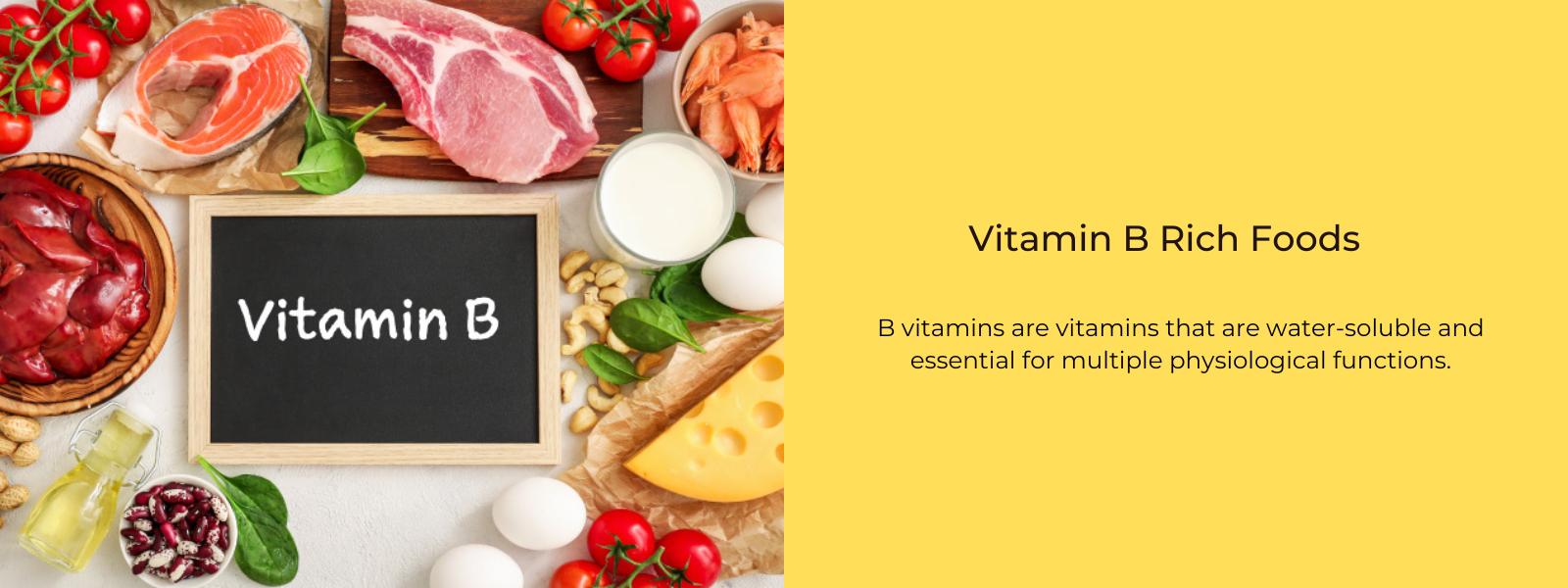Vitamin B complex, vital for energy, metabolism, and nervous system health, is abundantly found in several Indian foods such as leafy greens, pulses, dairy, meats, and nuts. Incorporating these staples can improve immunity, brain function, and cardiovascular health.
Key Highlights of Vitamin B-Rich Indian Foods and Benefits
Whole Grains and Pulses: Staples like brown rice, wheat, chickpeas, and lentils provide thiamine (B1), niacin (B3), folate (B9), and pyridoxine (B6). These support energy metabolism, nerve health, and red blood cell formation—crucial for overall vitality.
Leafy Greens: Spinach, kale, and fenugreek offer folate (B9), essential for DNA synthesis and preventing anemia, plus biotin (B7) aiding metabolism.
Dairy Products: Milk, yogurt, cheese, and paneer are rich in riboflavin (B2), B12, and pantothenic acid (B5), boosting skin health, immunity, and brain function.
Eggs: Particularly egg yolks are a potent source of B12, biotin (B7), and riboflavin, essential for cognitive health and cellular energy.
Fish and Meat: Salmon, mackerel, chicken, and mutton provide multiple B vitamins, especially B3, B6, and B12, which promote nerve function, red blood cell health, and reduce heart disease risk.
Nuts and Seeds: Almonds, peanuts, cashews, and sunflower seeds contain niacin (B3) and biotin (B7), improving skin, hair health, and metabolism.
Fruits and Vegetables: Bananas and citrus fruits offer B6 and folate, enhancing mood regulation and cardiovascular benefits.
Shellfish: Clams, oysters, and prawns deliver high levels of vitamin B12 vital for preventing megaloblastic anemia and supporting nervous system functions.
Why Include Vitamin B in Your Diet?
Vitamin B complex plays an essential role in converting food into energy, maintaining healthy brain and nerve cells, supporting red blood cell production, and enhancing skin and hair health. Deficiencies can cause fatigue, anemia, cognitive issues, and weakened immunity.
For a balanced Indian diet rich in B vitamins, diversify meals with whole grains, legumes, fresh vegetables, dairy, eggs, and lean proteins.
Sources: Thyrocare Blog, Healthline, Apollo247, Redcliffe Labs, HDFC ERGO






